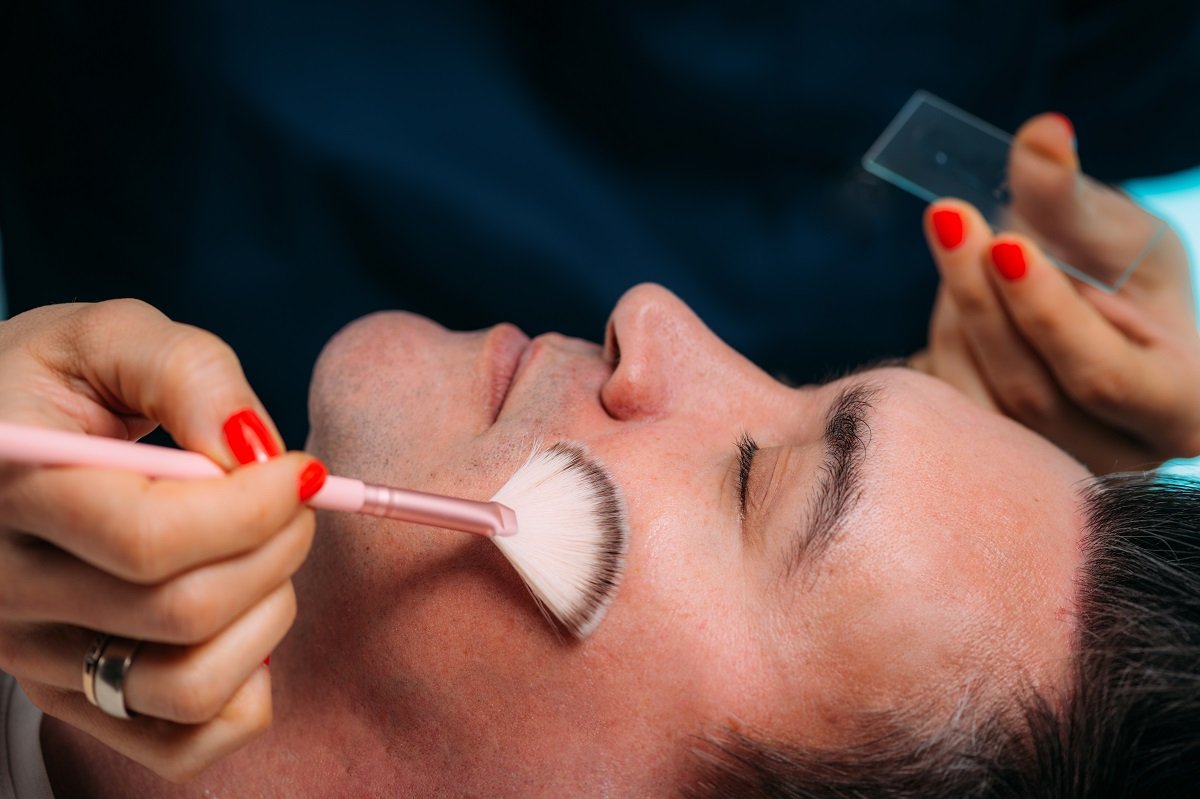Acne can have different blemishes on the skin, each with a different appearance and symptoms. According to research, most types of mild acne can be treated with home remedies and over-the-counter medications. Still, people with severe or long-term acne should see a doctor or dermatologist.
Blackheads are the common type of acne. So paying attention to the type and location of the blackheads can help you understand the current state of your body. That’s why we decided to write more about the blackheads and their causes.
How do blackheads form?
Blackheads are a common adolescent problem usually caused by accumulating dead skin cells and fat in the skin’s pores around the hair follicles. Different people may experience this pimple as blackheads, or inflammation, especially if it is seen on the cheeks, forehead, and chin.
In adulthood, you can also see a variety of it due to hormonal changes due to pregnancy or childbirth, some diseases, or improper skin care. So, here, we will examine the factors that cause the blackheads.
Causes of blackheads
This complication is the most common skin complication globally, but fortunately, there are many natural, home, and specialized methods to eliminate it. Acne mainly affects people with oily skin, but it is more common in people with oily skin.
Diet and oily skin
Be careful with fast food, sugary foods, and dairy products. They can all stimulate excessive sebum production, which is one of the main causes of blackheads.
Pollution and sebum
Pollution also affects sebum’s composition and the skin’s natural micro flora. Pollution can impact an imbalance between good and bad bacteria on the skin’s surface.
Some other factors that increase the chances of getting blackheads are:
- Excess fat production in the body.
- Accumulation of propionibacterium bacteria on acne.
- Stimulation of hair follicles, especially when skin cells do not shed.
- Medications like corticosteroids, lithium, or androgens are also helpful in treating blackheads.
- Blockage of skin pores by cosmetics and clothing.
- High humidity and fat in the environment.
- Some health conditions include stress, polycystic ovary syndrome, and premenstrual syndrome.
- Drugs that stimulate the rapid movement of skin cells.
- Age and hormonal changes: The secretion of more sex hormones increases the production of sebum-producing glands, making acne more common in adolescence.
Researchers have not yet found a significant link between nutrition and the formation of blackheads. Still, they believe that foods that raise blood sugar, such as dairy, can effectively stimulate acne.
Prevents blackheads
Regular washing
Always try to wash your face with a skin cleanser before going to bed and after waking up because the structure of the human pores is such that it produces more fat during sleep.
Be sure to wash your skin with a suitable cleanser to avoid swelling and redness. Some detergents contain antibacterial agents that kill acne-causing bacteria on the surface of the skin. Keep in mind that even oily hair is another cause of acne. So if you have oily hair, wash your scalp every day or every other day. Fat in foods can also clog pores and cause acne.
Exfoliate the skin
Another cause of blackheads is dead skin that has accumulated on the skin. A routine skin exfoliation program with a mild enzyme bath and cleanser or a glycolic exfoliator can easily prevent pimples.
It will be best if you have oily or combination skin to exfoliate three times a week. But if you have normal-dry skin, twice a week is enough. Just be sure to moisturize and hydrate your skin after exfoliation.
Avoid tanning
Tanning products and devices cause darker pimples to appear darker and pores to become more visible. The sugars in tanners are also more absorbed into the keratinized skin, worsening acne.
Use oil-free products
If you have acne-prone skin, know that consuming oily and oily products will worsen your condition. So use cosmetics, lotions, and oil-free creams to prevent blackheads.
Take a shower immediately after exercising.
Excessive sweating after exercise and the accumulation of sweat and the resulting contaminants can cause acne. So always take a bath after exercise and physical activity to eliminate impurities and fats and prevent the pores from closing and causing blackheads.
When to see a doctor?
In general, blackheads are not a dangerous complication and cannot be considered a disease. But if you feel severe inflammation and swelling at the site of these pimples, it is better to see a dermatologist. If these pimples are prominent with a large blackness, they may be cysts or dimples. These cysts, or dimples, should be removed by a dermatologist.
If you are still hesitant to see a doctor or want more information, we recommend using the services of dermatologists who can answer your questions about blackheads online. You can text, audio, and by phone.

